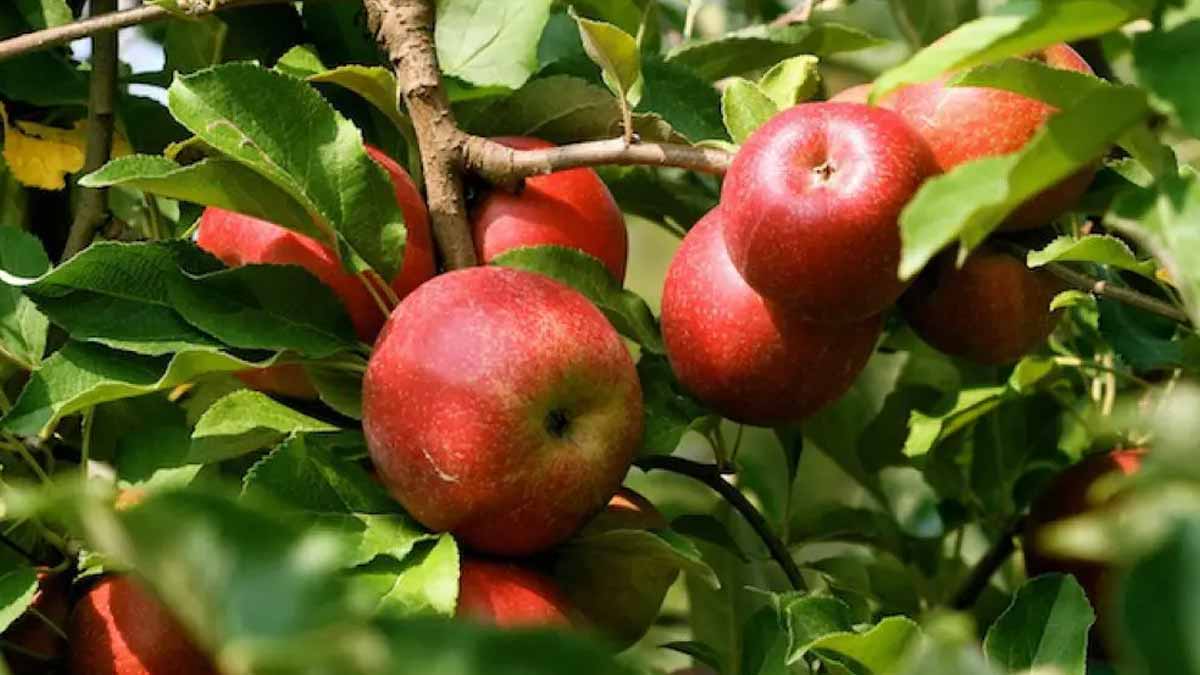Families expect a simple bargain: pick fruit, pay fairly and enjoy the day. After a rush of unpaid hauls, an Ontario orchard has tightened entry, carrying, and checkout rules to protect its harvest and visitors’ experience. Staff say the shift balances welcome and vigilance, so honest guests feel respected while bad behavior loses easy loopholes. The change follows troubling incidents involving concealed apples, larger groups, and busy weekends that made oversight harder when the trees were heaviest.
Policy shift at the orchard: what changed and why
Shuh Orchards faced repeated pilfering during the first open week of the season. Managers saw concealed fruit and tense disputes at exits. Because trust frayed quickly, leadership chose clear limits that protect the crop and reduce conflict while keeping the visit fun for families who follow simple rules.
Strollers, wagons, and backpacks are now kept out of picking rows. The move blocks hidden storage and keeps narrow aisles clear. It also helps staff monitor safety around ladders and low branches. Families can still use wheels along the perimeter, which maintains comfort without inviting covert loads of apples into the trees.
Capacity is standardized with farm-issued bags. Each picker receives a clearly sized bag at entry, then pays at staffed stations. The bag sets an obvious limit and speeds checkout because volume and variety are visible. Simple scripts guide staff through quick checks, which eases tension and shortens lines on sunny, high-traffic afternoons.
New rules to protect apples and restore trust
The farm separates retail picking from general attractions, so guests know what admission includes. Buying a branded bag signals entry into a retail zone with clear expectations. Clarity reduces arguments later and helps staff treat everyone consistently, which matters when crowds surge after school and on weekends.
Signage appears at gates, pay points, and rest zones. Phrases stay friendly and firm, emphasizing months of work behind every harvest. Because the rules fit obvious risks, most visitors accept them. Staff redirect edge cases with calm explanations, then focus on guiding people to ripe rows and keeping the flow smooth.
Communication continues online. Short posts and videos explain the bag policy and the reasons for banning large personal carriers inside rows. Regulars echo the message in comments. The respectful tone builds community backing, so honest visitors feel seen while those eyeing shortcuts realize they stand out—and that extra apples won’t slip by unnoticed.
Visitor experience and staff workload under the new system
Families park strollers by shaded benches at the row edges, then rotate turns in the trees. The setup keeps caregivers close to kids and reduces crowding between branches. Because paths stay clear, staff can move freely, which improves safety checks and helps them answer ripeness questions quickly.
Standard bags mean fewer debates about “just a little extra.” Staff acknowledge the tasting tradition, then guide guests to paid sampling options. Scripts use simple language, so interactions stay short and warm. Without bulky carriers, people cannot hide apples, and that alone prevents many awkward conversations.
Honest customers feel protected. Many disliked watching car trunks fill before payment. Now they see fair limits and steady enforcement. Reviews mention helpful staff, tidy rows, and a calmer mood. The updates keep the mood festive while rewarding good etiquette, which strengthens loyalty and brings families back for cider, photos, and low-stress picking.
Counting losses and closing loopholes for apples
Roughly 500 pounds disappeared within about two weeks, according to the farm. Staff intercepted several attempts in real time, including a stash under a stroller blanket. Patterns suggested planning, not impulse. Because losses clustered on peak days, even a single bad afternoon could undo gains from quieter weekdays.
Those pounds carry hidden costs beyond sticker price. Growing fruit requires pruning, thinning, irrigation, pest control, and seasonal labor. Every lost bag reflects months of work and upfront spending. When margins are thin, theft reduces funds for new trees, maintenance, and staff hours. The policy aims to keep dollars in the rows, not in parking lots.
Early-season losses cut deepest because premium varieties appear first and draw the biggest crowds. Clear limits early set expectations for the rest of the season. As visitors learn the system, fewer try to test it, and more focus on what they came for: fresh fruit, photos, and shared bags of apples.
Community standards and practical planning for visits
Etiquette now feels visible. Regulars model good behavior at gates and in lines. People show full, paid bags with pride. Because peer pressure works, newcomers follow suit. Photos still happen, just with one hand free and no wagon to stash extras. Staff reward good habits with quick tips and friendly guidance.
Simple planning keeps the day smooth. Wear comfortable shoes. Leave big totes in the car. Pick near rest zones if kids tire quickly. Swap turns at the edge and hydrate between rows. These small choices remove temptation, reduce strain, and keep the experience active and easy—without risking a checkout surprise tied to hidden apples.
Light-touch tools help without killing the vibe. Timed entries smooth traffic. Visible cameras discourage large hauls. QR codes link to two-minute videos on safe picking, bag limits, and variety notes. Guests hear from growers, not guards. The tone stays warm and practical, so rules feel like hospitality with clear boundaries.
A season preserved by firm rules and a welcoming tone
The policy protects honest visitors, steadies revenue, and keeps a beloved outing open. Because limits are clear, staff spend time guiding, not arguing. The message travels well: enjoy the rows, respect the work, and pay for what you pick. With shared buy-in, the orchard keeps growing great apples for everyone.
